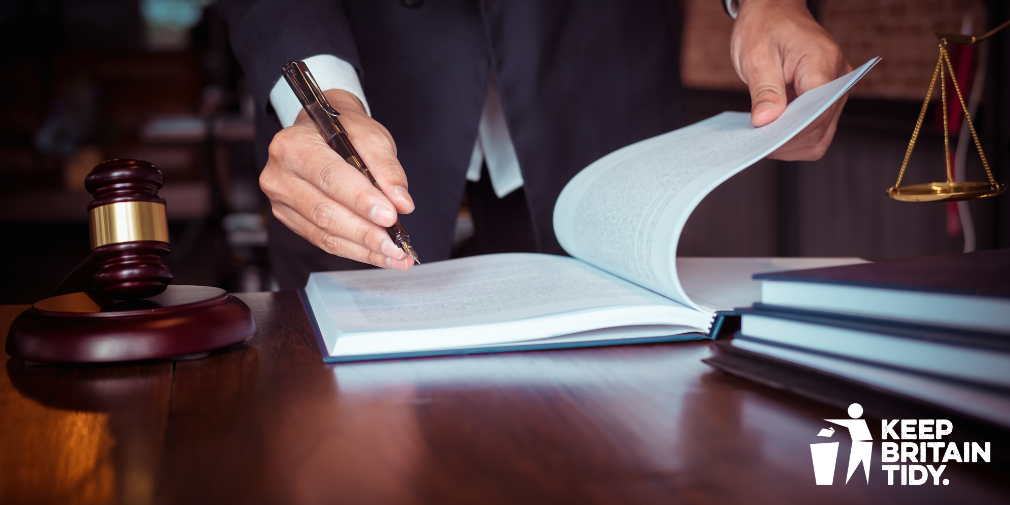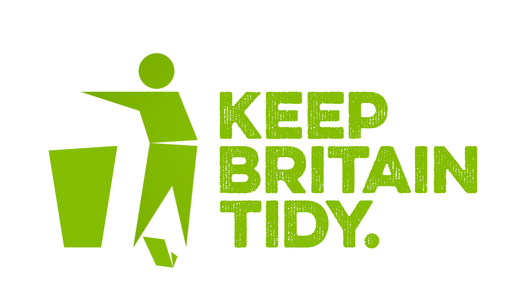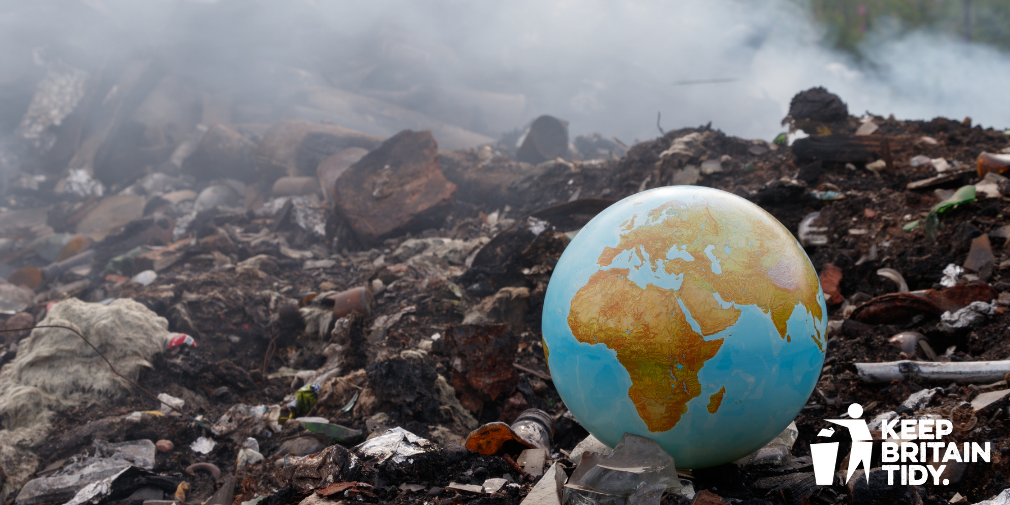
Plastic crisis - the full letter to Rt Hon George Eustice MP
Dear Rt Hon George Eustice MP,
Plastic pollution is one of the defining issues of our time. It is in the air we breathe, the food we eat and oceans we rely on. It is visibly polluting our streets, rivers and oceans and is now even found metres underground in ice cores dating back decades, many miles from any civilization.
With this in mind, we write to you today to map out the journey we would like to see this Government take in order to tackle plastic pollution as a whole. The Defra consultation on banning some of the most polluting single-use plastics is a useful first step, but it still doesn't meet the urgency the plastics crisis demands. We are at a fork in the road in our efforts to tackle plastic pollution, and we write to you today to urge you to take the right path and to also offer our support and assistance on the journey ahead.
Tackling the most polluting single-use plastics
The first step on this journey is a minimum standard that we are already well on the way to addressing. The consultation to ban some of the most polluting single-use plastics that has just closed is welcome and these measures need to be introduced with as much urgency as possible. Many of our European neighbours have already taken this first step driven by the EU Single-Use Directive, and this is ground we desperately need to make up. Indeed, some of our neighbours have gone further in taking strides forward. France, for example, has legislated to ban plastic wrappings from many fruits and vegetables in supermarkets and we would urge the UK government to do the same.
There is clear support for actions like this. Polling by City to Sea and Friends of the Earth shows that nearly three-quarters of British people have experienced “anxiety, frustration or hopelessness” at the amount of plastic that comes with their shopping and 59% think supermarkets and brands are not doing enough to offer refillable, reusable or packaging-free products. Crucially, 81% of Brits want the UK government to make refillable products easier to buy and more widely available, as a main priority for reducing plastic pollution. Similarly, the Call for Evidence on items like plastic in wet wipes must look further at sector specific wholesale changes.
This we believe will be the most efficient way to reduce the burden on our recycling system and start to turn the taps off on the flood of single-use plastics being produced.
Set ambitious targets for the reduction in plastic pollution
The next six months will set the direction of travel for many years to come. It is essential that we adopt appropriate, ambitious and binding targets for the reduction of plastic pollution, including but not limited to single-use plastics. We believe that appropriate and ambitious Environment Act targets that would fulfill the spirit and word of the wider ambition on waste and resources would be:
● An at least a 50% reduction in non-essential single-use plastics by 2025.
● An overarching plastics reduction target, including but not limited to single-use plastics. This would ensure progressive reduction in the overall use of all nonessential plastics, building towards preventing plastic pollution of the environment as far as possible by 2042. This must include addressing those harder to tackle plastics from vehicles tyres and brakes and from clothes among others, and the specific problem of micro and nanoplastics.
● Reuse targets of at least 25% of packaging being reusable by 2025, rising to 50% by 2030. This would guarantee that a large proportion of the reduction in plastic pollution is met by an increase in the market share of reusables, and make sure substitutions of single-use plastics for other damaging single-use materials are avoided. Set out a plan for tackling plastic pollution as a whole
While this prevailing image of plastic pollution is that of a floating bottle it is important to remember that most plastic pollution is that which we cannot see or touch. A lot of plastic will never enter our waste and resource system and as such cannot be tackled as a waste and resource issue. Microplastics are often shed directly into the environment. For example the microplastics from car tyres are responsible for more than 200,000 tonnes of microplastics entering our oceans every year. Twenty four percent of the nanoplastics recently discovered metres under the ice caps at the North and South Pole came directly from car tyres. This problem needs to be addressed head on as part of our wider efforts to tackle plastic pollution.
Equally, there are many plastics that we can see and touch that also never enter our waste and resource systems. Directly littered or flushed plastics are just two examples. There was, and there remains, a large constituents of businesses, faith leaders, politicians and NGOs alike that believe these sources of plastic pollution need to be given equal importance as those that we can see and touch. As well as asking you to set targets to reduce this, we seek reassurance and sight of your plan to tackle plastic pollution in its entirety, not just as a waste and resource question.
We would also like to again draw your attention to the Plastic Pollution Bill that is due back for its second reading on March 18 and that we believe is one example of a legislative approach to tackling plastic pollution in its entirety. We know that these steps we’ve outlined are mutually supportive. And indeed, they only make sense when they are understood to be part of a wider plan to tackle plastic pollution in its entirety. While we welcome the important steps that this Government has taken in tackling plastic pollution, we urgently need legally-binding targets that show that this government is travelling in the same direction that the science behind the plastic crisis demands.
Lastly, we reiterate our offer to you, for support, research, campaigns and anything else you need. We know parts of this journey will be much harder than others but hope to set off together now in a shared direction and with a shared ambition.
Yours sincerely,
Jamie Peters, Interim Director of Campaigning Impact, Friends of the Earth England, Wales and Northern Ireland.
Steve Hynd, Policy Manager, City to Sea
Allison Ogden-Newton OBE, Chief Executive of Keep Britain Tidy


